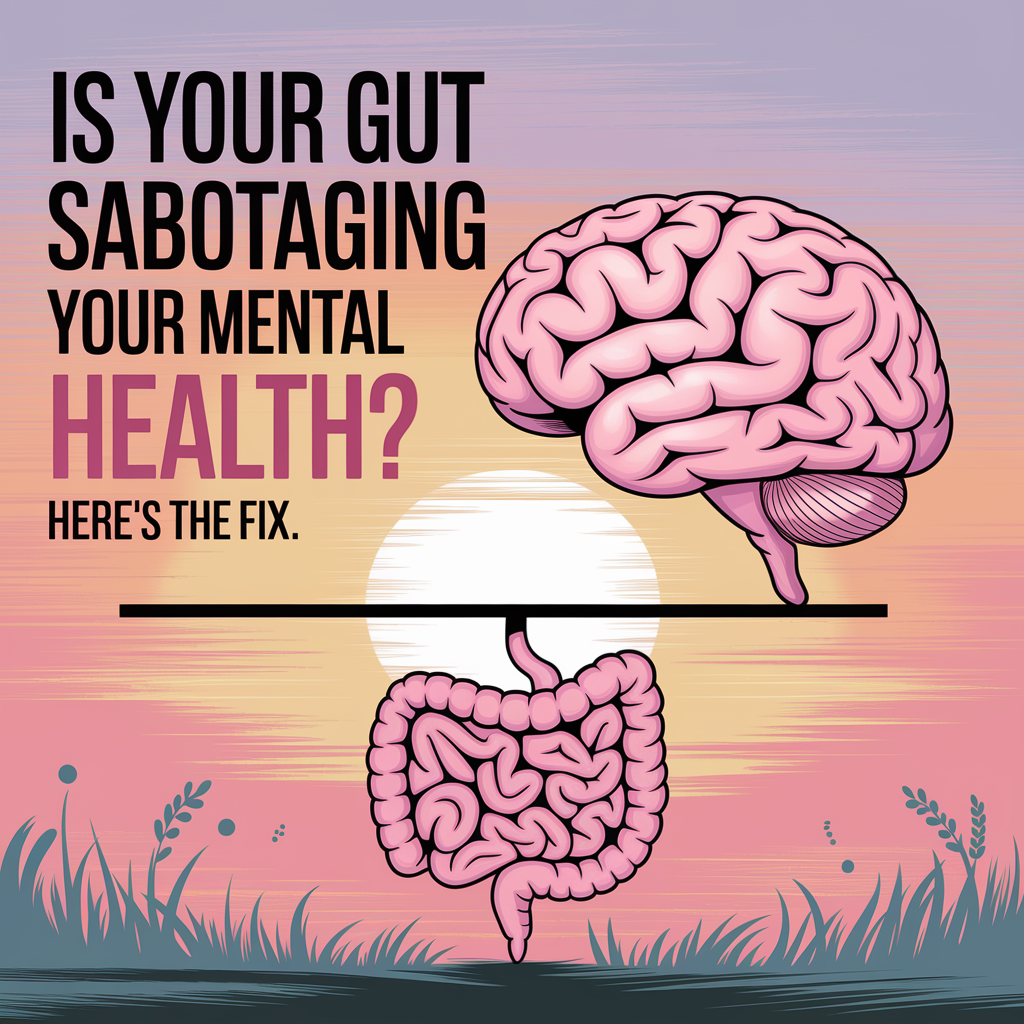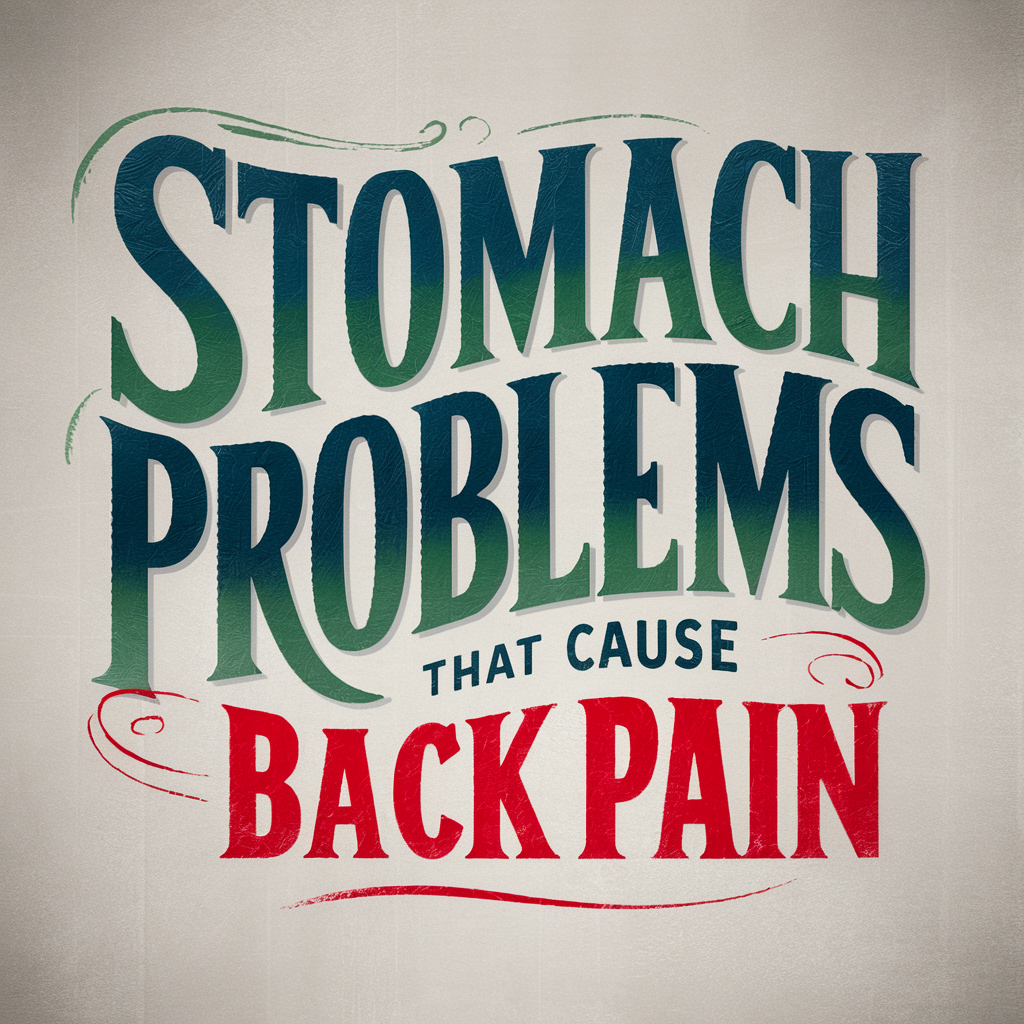
Why do lifestyle changes matter for gut health?
I used to think gut health was all about what supplements you take or avoiding that one food that wrecks you. But once I actually started making small, daily lifestyle changes—things I could stick to long term—I realized that gut health isn’t just about what you eat, it’s about how you live.
When I was bloated, constipated, and breaking out for no reason, I thought I needed a gut detox or some crazy cleanse. But what finally helped me was way simpler. Little shifts—like changing my sleep habits, moving more during the day, and tweaking my meals—had a bigger impact than any “7-day reset” ever did.
So if you’re dealing with sluggish digestion, bathroom issues, or even skin flare-ups, these five changes can truly flip the script. You don’t need to be perfect. You just need to support your gut a little better every day.

1. Add more variety to your diet
This one was a game-changer. For years, I rotated the same three meals because they were “safe.” But I didn’t realize that a boring diet = a boring microbiome. And when your gut bacteria aren’t diverse, your digestion and immunity can suffer big time.
The more I mixed things up—colorful fruits, leafy greens, legumes, different grains—the better I felt. I started having more energy, my skin improved, and my digestion finally got regular again (with help from this gentle stool softener too).
If you want gut-friendly inspiration, check out these top 8 grains for gut health. That list helped me break out of the rice-and-toast routine I was stuck in.
I also started adding in more fermented foods—like sauerkraut, kefir, and Greek yogurt. Pairing those with a trusted probiotic made a noticeable difference. I personally love this RAW probiotic for women, and my husband uses the men’s version daily with great results.
Gut health isn’t about being perfect—it’s about giving your gut the variety it needs to thrive. And when I did that? My body responded almost immediately.

2. Stay hydrated (seriously—it matters more than you think)
I used to totally underestimate hydration. I’d sip water here and there but never tracked how much I was actually drinking. Then I realized how much gut health depends on proper hydration—and that most of my constipation, sluggish digestion, and even headaches were tied to not drinking enough water.
Water helps break down food, keeps everything moving through your intestines, and supports a healthy gut lining. When I was dehydrated, everything slowed down. I felt heavier, more bloated, and way more prone to uncomfortable bathroom issues. As soon as I started drinking more water consistently, I noticed two huge changes: I was more regular (thank God), and my skin looked way less dull.
Here’s how I made it easier:
- I started my mornings with a big glass of water before anything else
- I sipped throughout the day instead of chugging all at once
- I added a splash of lemon or cucumber slices to make it more appealing
- I avoided sugary drinks and replaced them with iced herbal teas or infused water
And when hydration still wasn’t enough on its own, I kept Milk of Magnesia on hand for occasional backup. It’s gentle and always helps me feel lighter and more comfortable when I’ve been slacking on water or fiber.
Also, this article on can’t poop? tricks that actually worked for me is a great resource for anyone who’s not sure if hydration really matters (spoiler: it does).
Now I make water part of my gut-care routine, just like food. Because if you’re not flushing things out… your body will try to push them out other ways. And yeah—your skin, mood, and digestion will all suffer for it.

3. Manage stress (because your gut feels everything)
I didn’t realize how much stress was wrecking my gut until I actually slowed down and paid attention. Every time I went through a rough patch—tight deadlines, lack of sleep, arguments, even just a long to-do list—my digestion totally tanked. I’d either be bloated for days or end up running to the bathroom after lunch. Fun.
Your gut and brain are in constant communication through something called the gut-brain axis. When you’re anxious or overwhelmed, your brain sends out stress signals that disrupt digestion, inflame your gut lining, and throw off your microbiome. No wonder I’d break out or get cramps during high-stress weeks.
Here’s what helped me stay sane (and regular):
- Morning deep breaths before I even got out of bed
- 10-minute walks in nature or around the block just to move and unplug
- Listening to calming music while I ate—because eating in stress mode = poor digestion
- Saying no more often so I wasn’t stretched so thin I couldn’t even sit down for a real meal
I noticed my skin calmed down too when my stress dropped. It’s wild how much your gut affects everything—from mental clarity to mood to the texture of your face.
If you’ve ever noticed your stomach feeling off when you’re overwhelmed, you’re not alone. I wrote more about that connection in this post about how gut health affects your skin. It’s all tied together more than people realize.
Stress less → digest better → feel like a functioning human again.

4. Move your body—even a little helps your gut
I’m not a gym rat. I don’t have a fancy fitness plan. But once I started moving my body every day, my gut health noticeably improved. And no, I didn’t suddenly become a marathon runner—I just made walking, stretching, or light yoga a daily habit.
Exercise boosts gut motility, meaning it literally helps things move along in your digestive system. That alone made a huge difference for me when I was feeling sluggish, bloated, or just off. It also helps regulate stress, improve sleep, and support a more diverse microbiome—all things your gut will thank you for.
Here’s what movement looks like for me:
- 20-minute walks in the morning or after meals
- Gentle yoga before bed (YouTube is my go-to)
- Taking the stairs instead of the elevator when I can
- Dancing in my kitchen while waiting for dinner to cook (don’t judge)
Pairing light movement with my favorite probiotic for women helped everything sync up—better digestion, better skin, even better sleep. My husband’s also had less bloating and bathroom trouble since adding his men’s probiotic and going for short walks after dinner.
You don’t have to be intense. You just have to be consistent. Movement = momentum = a gut that works with you, not against you.

5. Prioritize quality sleep (your gut needs rest too)
This one was tough for me—because I didn’t realize my gut was suffering every time I sacrificed sleep. I’d stay up scrolling, fall asleep late, and drag myself through the next day. And during those bad sleep weeks? My digestion was a mess. Constipation, bloating, and that uncomfortable gurgling at bedtime were my normal.

Turns out, your gut has a circadian rhythm just like the rest of your body. If you’re not getting enough deep, restorative sleep, your digestive system gets out of sync. That means slower motility, poor absorption, and inflammation building up in the background. It also messes with your appetite hormones, which makes cravings worse and gut health harder to manage.

What finally helped me sleep (and digest) better:
- Going to bed and waking up at the same time every day—even weekends
- Cutting off screens at least 30 minutes before bed
- Keeping my room cool, dark, and quiet
- Avoiding big meals late at night (my gut thanks me every morning)
When I got my sleep under control, I also noticed less bloating and fewer random skin breakouts. This post on stomach gurgling at bedtime helped me understand how poor sleep and late-night eating were setting my gut up to struggle overnight.
And on nights when I felt off or backed up, I’d lean on Milk of Magnesia to reset things gently so I didn’t wake up feeling gross. Gut rest + actual rest? Game changer.
Getting better sleep gave my digestion the break it needed—and honestly, it made everything else easier too. Better moods, fewer cravings, and less stomach drama. If your gut’s acting up, check your bedtime routine. It matters more than you think.

Your gut will thank you for the little things
I used to think fixing my digestion meant doing something drastic—cutting out food groups, buying expensive supplements, or starting a cleanse I’d never finish. But what actually worked? These simple lifestyle changes to improve gut health that I could actually stick to.
The moment I started adding in probiotic-rich foods, going for daily walks, drinking more water, and sleeping like it mattered, my gut stopped screaming at me. My skin got clearer. My bathroom habits smoothed out. My mood even lifted.
Here’s the routine I swear by now:
- A daily probiotic for women (or this one for men)
- Keeping Milk of Magnesia on standby when I need a reset
- Drinking water with every meal, plus sipping throughout the day
- Eating gut-healthy grains and fermented foods
- Managing stress in small, doable ways
- Moving my body every day—even if it’s just stretching
- And actually going to bed on time for once
These aren’t big flashy habits, but they work. And honestly? They gave me my energy—and my life—back.
Your gut doesn’t need perfection. It just needs consistency and care. Start small. Stick with it. Your whole body (and your skin) will thank you.

As an Amazon Associate we earn from qualifying purchases through some links in our articles.



